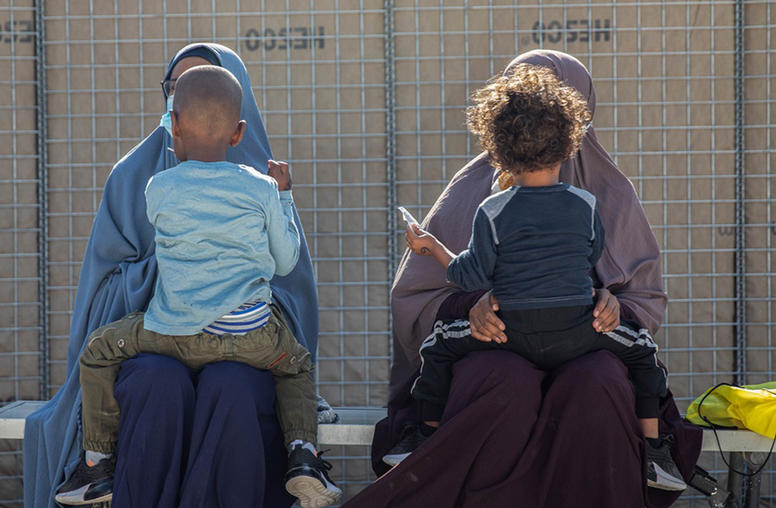Coronavirus and the Conflict in Syria
Battling COVID-19 in Syria and Among Syrian Displaced Populations
Read the Event CoverageCountries in conflict were especially hard hit by COVID-19, with the pandemic compounding numerous pre-existing challenges. In Syria, limited humanitarian access, a devastated health care system, and unreliable data hampered the response—particularly in areas outside of regime control, where autonomous authorities struggled with minimal testing capabilities and access to aid. As the virus began to make significant inroads into the conflict-affected country, there were also worries about how the virus would impact the millions of Syrians currently displaced.
On August 4, USIP held an expert panel discussion on the impacts of COVID-19 in Syria. The panel featured field-based medical practitioners who provided on-the-ground insight on the pandemic’s effects in northern Syria, specifically among displaced populations within Syria.
Continue the conversation on Twitter with #COVIDSyria.
Speakers
The Honorable Nancy Lindborg, introductory remarks
President and CEO, U.S. Institute of Peace
Dr. Mohammad Al-Haj Hamdo
Health Coordinator in Northeast Syria, Syria Relief
Dr. Hamza Alsaied Hasan
Quality and Development Manager for Northwest Syria, Syrian American Medical Society
Dr. Amjad Rass
Chairman of the Northern Syria Medical Relief Committee, Syrian American Medical Society
Dr. Bachir Tajaldin
Senior Program Manager for Turkey, Syrian American Medical Society
Mona Yacoubian, moderator
Senior Advisor to the Vice President, Middle East and Africa, U.S. Institute of Peace



